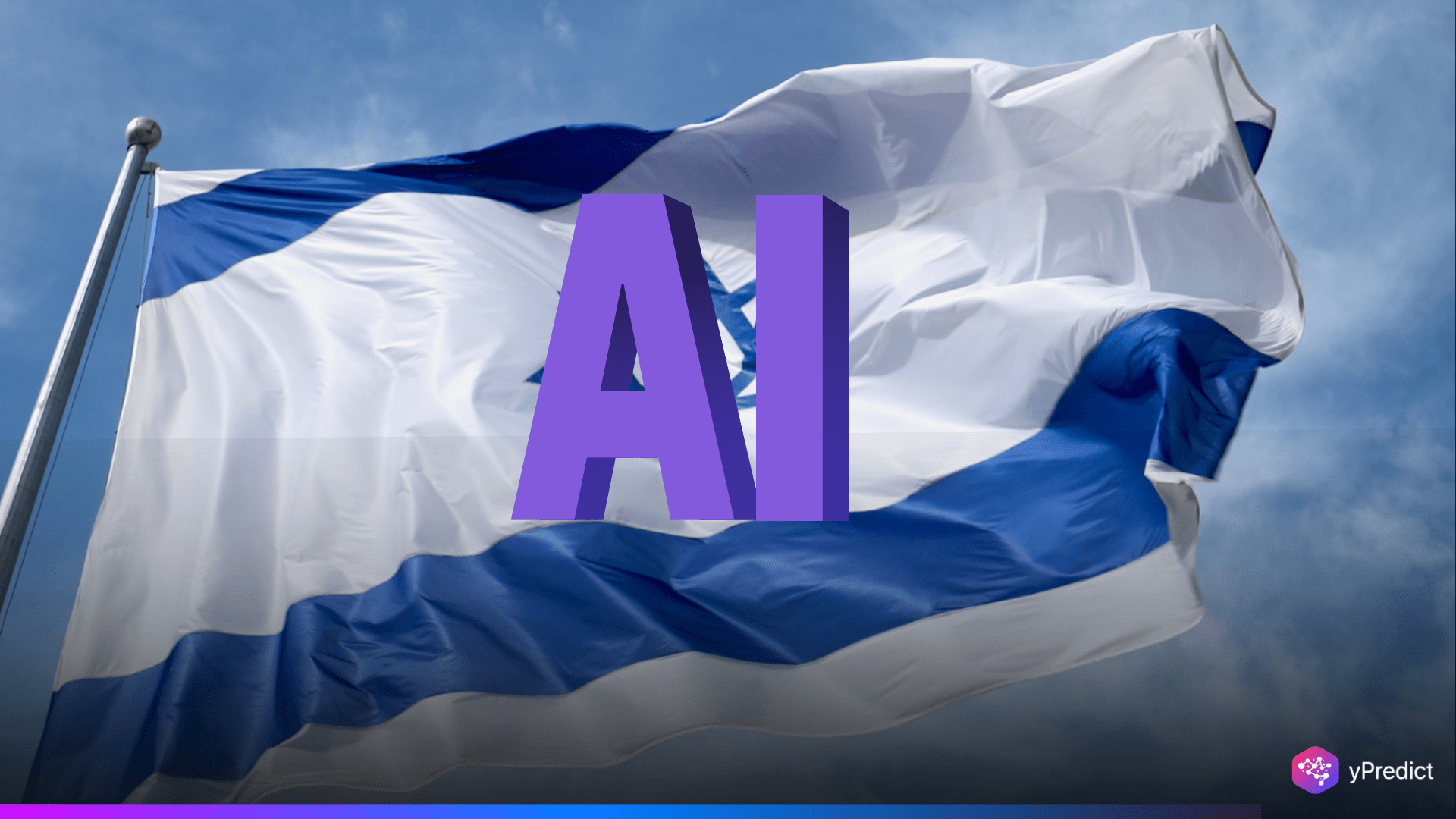
Amid the escalating conflict in Gaza, Israel has reportedly turned to advanced artificial intelligence (AI) tools to aid its military operations against Hamas and in locating hostages hidden in tunnels.
According to a New York Times report, the Israel Defense Forces (IDF) are integrating AI-based facial recognition, audio tracking, and data analysis tools developed in collaboration with top tech reservists to identify and target operatives deep within Gaza’s underground networks.
AI Technology Tracks Hamas Leaders Through Phone Signals
The report talks about a major event in October 2023 where AI technology was used to find and target Hamas commander Ibrahim Biari. Israeli intelligence used an AI system that could recognize voices during phone calls.
By tracking Biari’s voice, they found his location under the Jabaliya refugee camp. An airstrike was then carried out, killing Biari — but sadly, it also caused the deaths of many civilians. Investigations are still ongoing to understand what happened.
The Israeli military said the goal of the strike was to destroy Hamas tunnels, command centers, and hidden weapons under crowded areas. However, there is growing international concern about the high number of civilian deaths, especially because using AI in military operations can sometimes lead to complicated and risky outcomes.
Facial Recognition, Chatbots, and Target Lists Fuel AI Warfare
Israel’s AI warfare program reportedly includes a range of high-tech tools developed in tandem with Unit 8200, the country’s elite cyber-intelligence unit. Among the technologies deployed are:
- Facial recognition tools are used to identify partially obscured or injured faces from surveillance footage.
- Arabic-language chatbots that analyze intercepted social media posts and text messages.
- Target generation algorithms capable of compiling real-time lists of potential Hamas operatives.
This partnership between military intelligence and reservists working in Israeli tech firms—collectively called “The Studio”—has allowed for rapid innovation and real-time application of AI systems in the field.
AI Audio Tool Sharpens Hostage Search in Gaza Tunnels
Beyond its offensive role, AI has also been instrumental in efforts to recover Israeli hostages believed to be held in Hamas’s sprawling tunnel network beneath Gaza. The same audio surveillance technology used to locate Biari has reportedly been enhanced to detect voices and movement in underground environments.
Two Israeli officers quoted in the New York Times confirmed that the tool’s accuracy has improved, offering valuable leads in hostage search missions. Still, the tool’s development has not been without issues—Israeli and US sources acknowledged that misidentifications and false arrests have occurred due to AI-generated intelligence.
Conclusion: AI Warfare Raises Ethical and Strategic Questions
Israel’s increasing reliance on AI warfare tools has brought both strategic advantages and ethical challenges to the forefront. While these technologies have arguably improved operational efficiency and precision, their deployment in densely populated areas like Gaza continues to stir global scrutiny.
As the conflict evolves, so too does the debate over how AI should be used in warfare, especially when civilian lives and international law hang in the balance. Whether Israel’s AI-driven strategy sets a precedent for future military engagements remains a pressing question.






